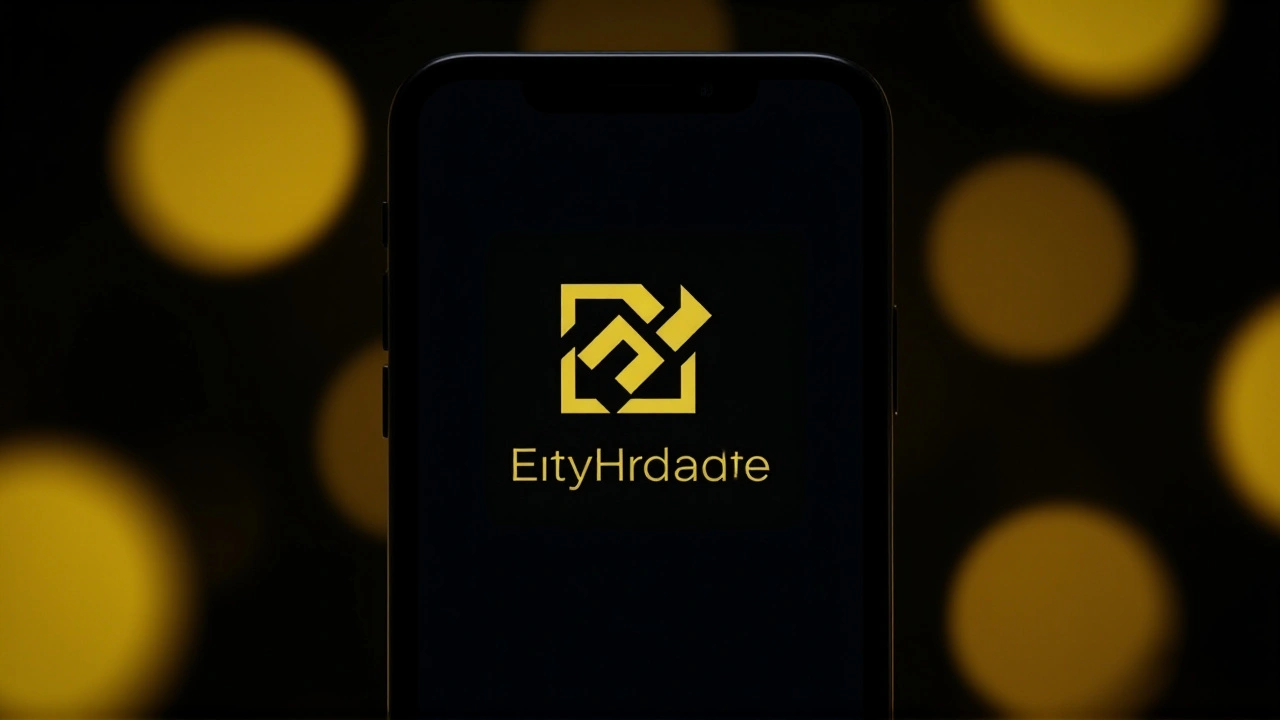Sharia Earn – Halal Ways to Grow Your Money
When you hear Sharia Earn, a set of financial products designed to grow wealth while respecting Islamic law. Also known as halal savings, it lets Muslims and anyone interested in ethical finance earn returns without compromising on religious principles.
How Sharia Earn Fits Inside Islamic Finance
At its core, Sharia Earn is a branch of Islamic finance, the system that prohibits interest (riba) and promotes risk‑sharing. Islamic finance influences Sharia Earn by enforcing contracts like mudarabah (profit‑sharing) and musharakah (joint‑venture). This means any return you see comes from real economic activity, not from charging or receiving interest. The framework also mandates that funds are not used for prohibited (haram) sectors such as gambling or alcohol, ensuring your money supports socially responsible projects.
One of the most common structures within Sharia Earn is profit‑and‑loss sharing, a partnership model where investors share both gains and risks. Instead of a fixed interest rate, the return fluctuates based on the actual performance of the underlying asset or business. This model aligns the interests of the investor and the entrepreneur, encouraging transparency and diligent management. For example, a mudarabah account might fund a small‑business venture; if the venture profits, you receive a pre‑agreed share, and if it incurs a loss, the capital is at risk.
Another pillar of Sharia Earn is the use of sukuk, Islamic bonds that represent ownership in tangible assets or projects. Sukuk differ from conventional bonds because they generate returns from rent, profit, or sale proceeds of the underlying asset, not from interest payments. Investors can buy sukuk linked to infrastructure projects, real‑estate developments, or corporate ventures, earning a share of the cash flow while complying with Sharia law. Because sukuk are asset‑backed, they offer a level of security and transparency that appeals to risk‑averse savers.
The digital age has opened new doors for Sharia Earn through fintech platforms, online services that simplify halal investing and savings. These platforms aggregate small investor funds, match them with Sharia‑compliant opportunities, and provide real‑time performance dashboards. They also handle the complex paperwork of ensuring every investment stays within halal guidelines, freeing users from manual vetting. Many fintech apps now offer micro‑sukuk, halal robo‑advisors, and automated profit‑sharing accounts, making it easier for everyday people to start their Sharia Earn journey.
Beyond the technical side, Sharia Earn also connects with broader concepts of halal investing. Halal investing extends to equities, mutual funds, and real‑estate, all screened for compliance with ethical standards. When you combine halal equities with profit‑and‑loss instruments, you create a diversified portfolio that can weather market swings while staying true to your values. This synergy is why many investors view Sharia Earn not just as a savings tool but as a holistic wealth‑building strategy.
Whether you’re a seasoned business owner looking for Sharia‑compliant financing, a young professional wanting a modest, risk‑aware savings plan, or simply curious about ethical finance, the Sharia Earn ecosystem offers options that match different risk appetites and time horizons. In the sections that follow you’ll find a curated mix of news, analysis, and practical tips that illuminate how these products work in real‑world settings, how regulators shape the landscape, and what trends are driving the next wave of halal finance innovation.
Binance Launches Sharia‑Compliant Staking, Aiming at $4 Trillion Market
Binance unveiled Sharia Earn, a Sharia‑compliant crypto staking product, in Dubai on July 11 2025, targeting the $4 trillion Islamic finance market with 5‑8% halal returns.

